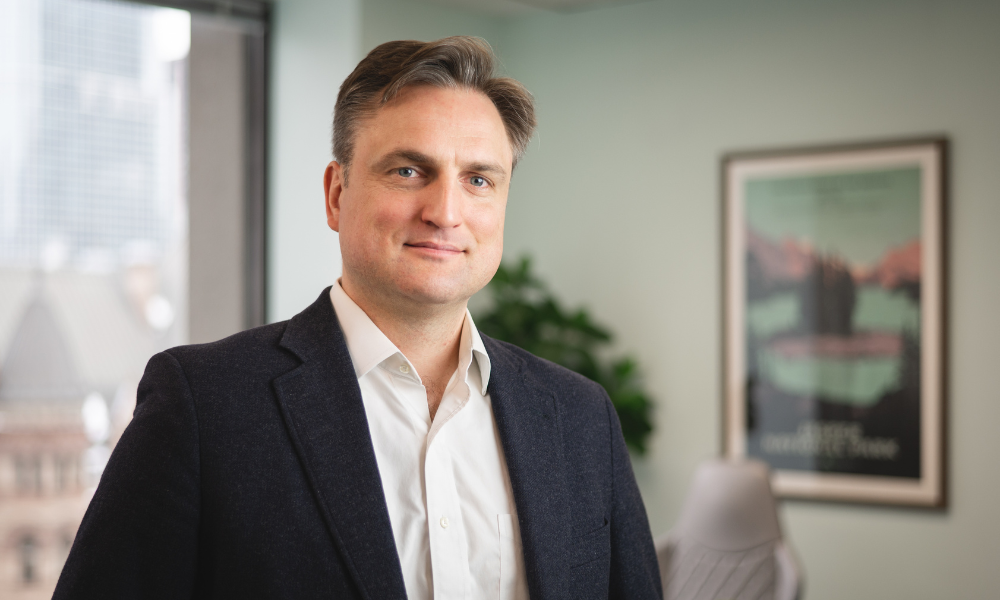'The successful advisors in 10 years will be those who are shepherding clients through these uncertain times'

Although the Bank of Canada’s most recent hike to the key overnight interest rate was relatively small at 25 basis points, the damage from inflation has already been done. People’s ability to save has been severely hampered over the past year, their ability to invest for retirement has decreased dramatically as well, and there’s no magic-bullet investment to fix the situation, according to Myron Genyk, personal finance expert and CEO and Co-Founder of Evermore Capital.
“Now more than ever, clients need a financial coach, they need a financial mentor, someone to help them create plans around cashflow management and intergenerational wealth transfer, to discuss insurance strategies with them,” says Genyk. “The advisors who will be successful 5-10 years down the road are the ones who are really shepherding their clients through these uncertain times.”
For higher net worth individuals who are typically highly engaged in their own careers, they expect their advisors to come up with the best plan or a few plan options that take a holistic view of both the current economic climate and their own personal financial landscape. Evermore Retirement ETFs - Canada's first target-date ETFs - offer an all-in-one retirement solution and if that one fund is put into a client’s RRSP or TFSA for the purpose of retirement, that’s the whole portfolio managing piece set aside. Genyk believes the advisors who still view themselves as primarily portfolio managers and dedicate themselves to outperforming the markets are the ones who risk becoming obsolete.
There’s a lot of data that says in the long run, nobody can outperform the markets, and those advisors that try “are going to underperform while also taking time away from doing things that would actually be helpful for their client,” Genyk says, adding the ones that will be successful are those who focus on what they can control: they invest client funds in low-fee index funds or low-fee target date funds, and spend more time actually advising.
“Especially because of the current uncertainty, picking stocks or sectors or making large cap, small cap decisions isn’t the best use of time — and I’m hearing that same thing from a lot of advisors,” Genyk says.
A recent survey found 75% of Canadians agreed there is an emerging retirement crisis in Canada, and the best thing advisors can do for clients is properly assess their financial status and wellbeing. So much has changed over the past year, the first step should be to revaluate their budgets and their plans and make adjustments where necessary
For example, especially for higher net worth people, they might blindly pay their monthly bills and could benefit from examining line items more closely. If a client has extra cash at hand, after paying off any high-interest debt it’s smart to make prepayments on any existing mortgages, but if they’re comfortable with the monthly payments they’re dealing with, investing more right now could be the way to go. Remind them of a simple truth: stocks and bonds historically have outperformed inflation with positive real returns over the long run; but the same isn’t true of GICs and saving accounts, which can be great short term but for longer-term goals like retirement, especially if it’s still 20, 30, or 40 years out, the value will erode over time.
“What we’ve just been through offers an opportunity to step back and take a look at everything, which is great not just for the client but for the advisor in developing and cultivating that relationship,” Genyk says. “Without a plan, we’re flying blind and it’s harder to get where you want to be. Knowledge is power — and can alleviate a lot of the worry many of your clients are experiencing.”



